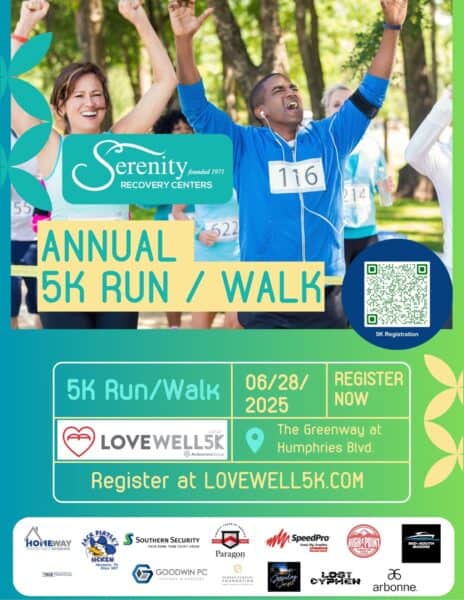How Aftercare Helps You Meet Your Goals
Why is an Aftercare Group Important for Recovery?
Substance abuse can affect the long-term functioning of the brain. The physical impact of addiction is often accompanied by psychological changes that affect your thoughts, feelings, and behaviors. The changes may last long after substances have been removed from your body and your initial treatment program has ended. Aftercare group work is a way to maintain everything you’ve gained through your hard work during the first phases of recovery. Aftercare provides a support system as you progress through your recovery.
What are the Goals of the Aftercare Program?
- To maintain recovery from substance abuse.
- To find ways to prevent relapse.
- To achieve a life filled with rewarding relationships and a sense of purpose.
Aftercare Helps you Find and Maintain Meaning to Stay Sober
- Build new social networks.
- Improve current relationships.
- Engage in healthy relationships.
- Find community involvement.
Tips on Avoiding Relapse
Attend Your Therapy and Counseling Sessions
Therapy and counseling sessions can provide you with a safe place to talk about your cravings and urges and learn tools to prevent a relapse. In order to get the most out of treatment, be sure to attend all of your therapy sessions.
Build a Sober Support Network
Having a sober support network to reach out to can help you cope with triggers and cravings. You can find other sober people at recovery meetings, conventions, alumni groups, and through online forums. Attend 12-step meetings on a regular basis , 90 meetings in 90 days is recommended after your initial treatment experience.If you cannot make 90 meetings in 90 days, attend as many meetings as possible as often as you can.
Identify Your Triggers
Triggers are any people, places, or things that cause cravings to use drugs or drink alcohol. Take time to think about the things in your life that remind you of using and what may have led to relapses in the past. Come up with a list of as many as you can.
Develop a Relapse Prevention Plan
Once you identify your triggers, you can come up with a plan for managing them. A relapse prevention plan is a guide to refer to when cravings arise. Make a list of coping strategies you can use, such as breathing through the urges and letting them pass or journaling your feelings. Also include a list of people you can reach out to, such as family and friends, members of your self-help group, and your sponsor.
